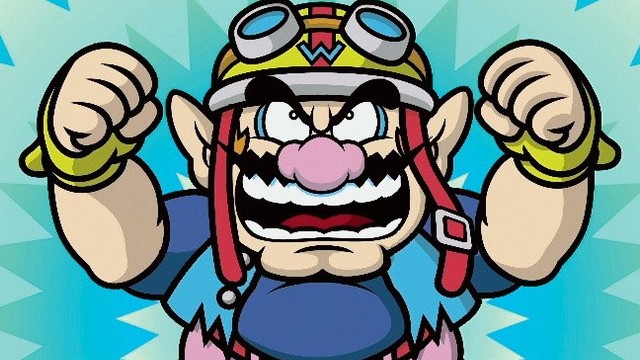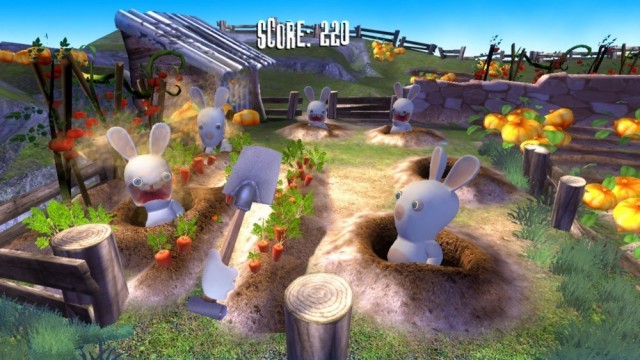
When Super Mario Kart hit SNES, it showed something to Nintendo fans around the world: Mario could do something other than jump and run in a game. Not only that, but it also allowed Nintendo to introduce a new style of game that might not have been as successful if it was released sans its Super Mario veneer. Super Mario Kart created the framework for the mascot kart racer as fans know it. What’s more, it opened the door for a multitude of new interpretations of everyone’s favorite plumber. Yet, despite these clear positives, a lot of fans see spin-offs like Super Mario Kart as a negative. Spin-offs dilute a video game franchise, these fans claim, and too often produce inadequate results. I’m here to tell everyone why spin-offs aren’t just a good thing, but are necessary for a healthy video game industry.
The biggest problem with spin-offs, beyond the seeming breach of artistic integrity, is that a lot of folks see them as blatant cash-grabs. Slap a famous character’s face on an inferior product, and hope that the recognition factor will result in thousands of copies sold and bushels of cash. It’s not a wholly inaccurate assertion, of course; look no further than the bargain bins of Walmart and GameStop and you’ll find a ton of those sorts of titles. The insincerity of some bad spin-off games, however, shouldn’t color the perception of all of them. Every developer hopes to make money, but that doesn’t mean the intentions behind a spin-off are always sinister. Sometimes a spin-off is the only way to realize an idea that simply wouldn’t work as a mainline installment, or lend some credibility to what would otherwise be a risky venture.
Ubisoft’s Rayman Raving Rabbids on Wii was a great example of renting some star power in order to charm reluctant players. Now most gamers are all-too familiar with the Rabbids franchise, but the oddball rabbits would have had a harder time ingratiating themselves into players’ homes if not for utilizing the Rayman name at first. False advertising, some might complain, but it’s an unfair thing to say when considering how the idea grew organically during the development of a new Rayman title; it wouldn’t have made sense for Ubisoft to scrap it simply because it didn’t mesh with what Rayman games were all about. Embracing its roots as a Rayman title gave Rabbids the legs it needed to get fans snatching its sequels up even after the armless hero’s name disappeared from the marquee.

Rabbids isn’t the most universally loved series, admittedly, but it’s illustrative of why the video game industry needs spin-offs. Spin-offs can produce growth, even if that growth is simply sideways. New concepts and gameplay ideas are what makes gaming fun, what keeps monotony from setting in. What’s more, sometimes a spin-off can yield something genuinely brilliant, as was the case with Square’s Super Mario RPG. Hailed as one of the greatest titles ever produced for SNES, Mario RPG was a marked departure from the Super Mario formula. Yet, it’s importance can’t be denied. Suddenly, fans who had never played an RPG were learning the fundamentals of the genre, and would go on to discover other, similar titles. Mario and his friends’ personalities were fleshed out as they had never been before, establishing the iconic representations of them that have remained to this day. Among other things, that’s a lot of positives to be gleaned from one spin-off!
There are times when a spin-off can perhaps stray too far away from the core concept of the series from which it’s based. Pac-Man comes to mind as a franchise that has seen a number of titles that seem to have zero resemblance to the gluttonous hero’s maze traversing games of old. At the same time though, it’s experimentation that stymies stagnation; if Mario had never jumped into a go-kart, an entire rich part of the character’s legacy wouldn’t exist. I’m willing to take the good with the bad, again, in particular if there’s minimal risk to the core series. If Pokémon Dash had come at the expense of Pokémon Diamond, for example, I would have been none too pleased; as it stands, it was an attempt at something different that fans had the choice to embrace or ignore.
Finally, spin-offs don’t always come bearing the name of a famous series, but it’s the atmosphere of experimentation and risk-taking that they’re born from that can also lead to some wonderful new concepts. Devil May Cry came to be when an early Resident Evil 4 build proved too different to carry the series’ moniker. Assassins’s Creed is a descendant of the Prince of Persia series. WarioWare sprang from Wario Land, which in turn sprang from Mario Land. Spin-offs keep the wheel turning, keep the market fresh. As long as fans are discerning and keep their eyes open for quality re-imaginings of old favorites and reject needless fluff, spin-offs will continue to be beneficial to the video game industry and keep taking us to new places.




 ShareThis
ShareThis






